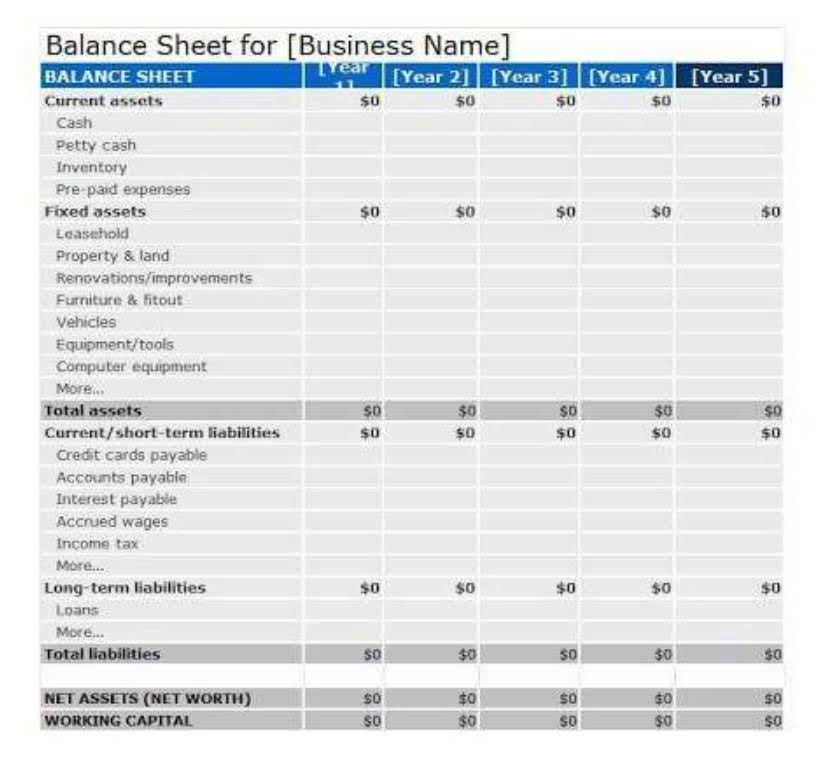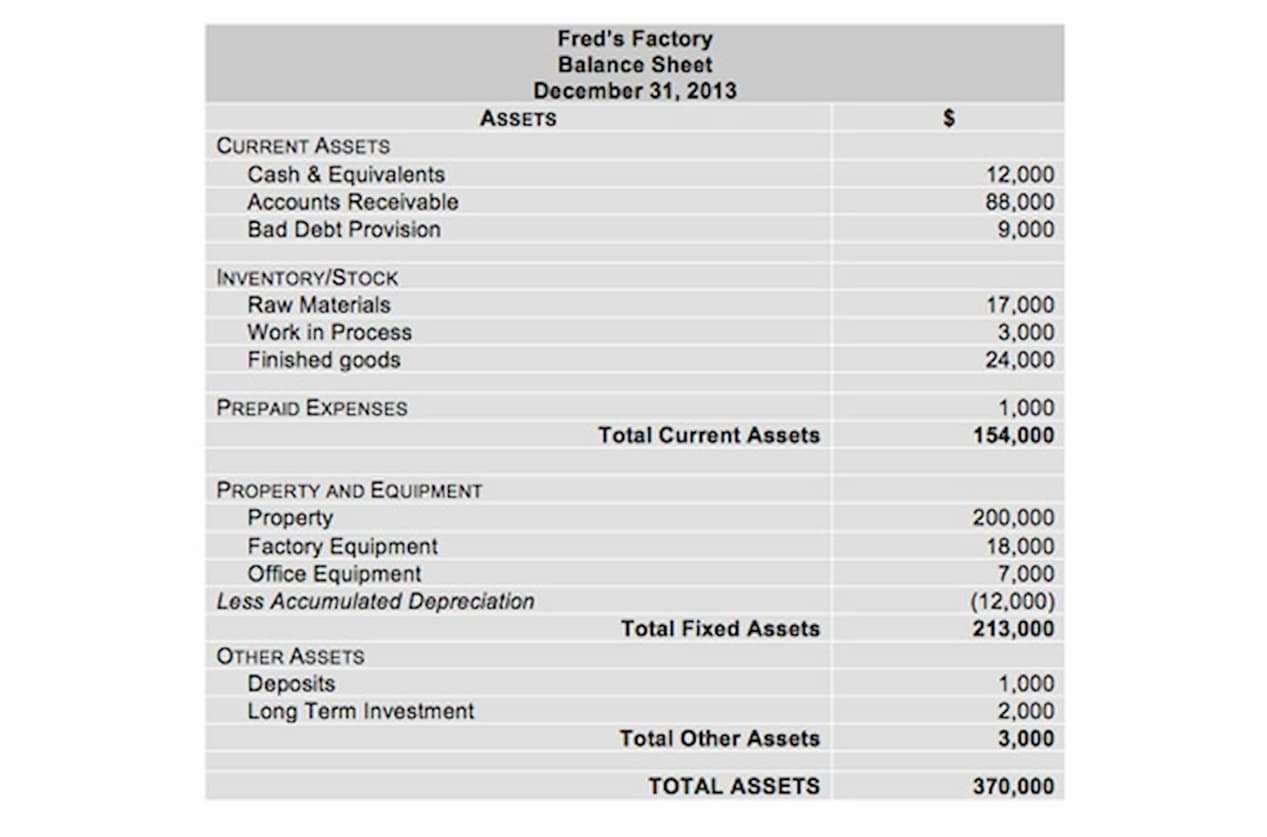
Factors such as distance from suppliers, transportation infrastructure, and customer proximity play a significant role in deciding the ideal FOB location. Businesses should carefully consider these aspects to optimize their supply chain management. Several factors can affect the efficiency of an FOB warehouse, including its location, size, capacity, and infrastructure.
US Customs Clearance Process: Fees, Processing Time & Payments
Understanding the distinctions between FOB Shipping Point and FOB Destination is essential for effective shipping and logistics management. By carefully selecting the appropriate terms, businesses can optimize their supply chain operations, manage risks, and ensure financial accuracy. Always review contracts thoroughly and consider consulting with logistics and legal professionals to navigate the complexities of FOB terms successfully. There is a reason FOB shipping is so popular amongst buyers and sellers; each party’s responsibilities give them the most control while the cargo is in their territory. The advantage for the buyer when purchasing under FOB Incoterms is they have the most control over the logistics and shipping costs, which allow them to choose their shipping methods.
All visual material on FOB Shipping point

Choosing the correct FOB term is vital to delineate responsibilities and liabilities. Disputes can arise if terms are not clearly defined, so consulting with legal counsel during contract negotiations is advisable to ensure both parties understand their obligations. Under FOB Shipping Point, the seller can recognize revenue once the goods are shipped, impacting financial statements differently compared to FOB Destination, where revenue is recognized upon delivery.

Understanding Shipping Point vs FOB Shipping Point

FOB Destination transfers the responsibility of shipped goods when they arrive at the buyer’s specified delivery location – usually the buyer’s loading dock, post office box, or office building. Once the products arrive at the buyer’s location, the legal title of ownership transfers from the seller to the buyer. Therefore, the seller is legally responsible for the products during transport, up until the point the goods reach the buyer.
- There may not be a line item on the bill for shipping and the shipper may require payment ahead of shipping.
- Incoterms are published and maintained by the International Chamber of Commerce (ICC).
- At the same time, the buyer will record the goods as inventory, even though they’re yet to physically receive them.
- Unless otherwise specified in the shipping agreement, the buyer is responsible for all costs from the moment the shipping vessel departs until they receive the goods.
It defines the point when a buyer or seller becomes liable for goods transported by sea. Although FOB shipping point and FOB destination are among the most common terms, other agreements vary from these two. As the goods were sold FOB shipping point, the seller does not have to pay the freight cost.
Shipping costs
Once the cargo leaves the seller’s warehouse, the buyer is in possession of the load, and can better control the successful outcome of their shipment. When using Free on Board, a seller is required to load the goods onto the buyer’s method of transport at the shipping point and may be responsible for them throughout the trip and to the final destination. The seller retains ownership and responsibility for the goods until they are loaded “on board” a shipping vessel. The point at which the title and responsibility for transportation costs transfers is essential to the various forms of FOB destination. The transportation department of a payroll forward-thinking customer could choose FOB shipping point terms over FOB destination ones to maintain tighter control over the logistics process.

FOB Origin & Destination Examples
- A related but separate term, “CAP,” (customer-arranged pickup) is used when the contract is for the buyer to arrange transport via a carrier of their choice, to retrieve the goods from the seller’s premises.
- This can be particularly beneficial if the goods are fragile or expensive, as the seller is typically more experienced in handling and transporting them.
- FOB destination shipping is in the buyer’s best interest and an effective way for businesses to enhance their customer service.
- Cost, Insurance, Freight (CIF) puts the liability of payment for – you guessed it – cost, insurance, and freight on the supplier.
- When goods are shipped under FOB Shipping Point terms, the buyer is responsible for shipping costs from the point of shipment, which can result in a higher financial burden on the buyer.
- Also assume that the goods are in transit until they arrive at the buyer’s location on January 2.
A legal framework was needed to clarify ownership and liability during transit. The buyer is responsible for adding insurance coverage to marine cargo from the moment it is free on board. The seller must pay for the insurance of the cargo from their depot AI in Accounting to the ship. If the goods are damaged in transit, the buyer should file a claim with the insurance carrier, since the buyer has title to the goods during the period when the goods were damaged.
- Inventory costs are expensive and include not only the cost of goods, but the fees to prepare inventory for sale.
- Within the Incoterms framework, there are 11 internationally recognized terms, which dictate the roles of both the buyer and the seller during the process of exporting goods.
- The International Chamber of Commerce (ICC) publishes 11 Incoterms (international commercial terms) that outline the roles of both sellers and purchasers in global shipments.
- The terms affect shipping costs, liability, and even financial statements for accounting.
- On the other hand, under FOB destination pricing, the seller bears the shipping costs and retains ownership until the goods reach the buyer’s specified destination.
- In FOB shipping points, if the terms include “FOB origin, freight collect,” the buyer pays for freight costs.
- FOB Shipping Point refers to the point at which ownership and responsibility for goods transfer from the seller to the buyer.
FOB, an acronym for ‘Free On Board,’ is an fob shipping point internationally recognized shipping term. FOB regulations establish the parties responsible for goods during sea transport and determine the party liable for costs in case of any mishaps. In this article, gain insights into the contrast between FOB shipping point and FOB destination, empowering you to make informed decisions when navigating shipping contracts.
